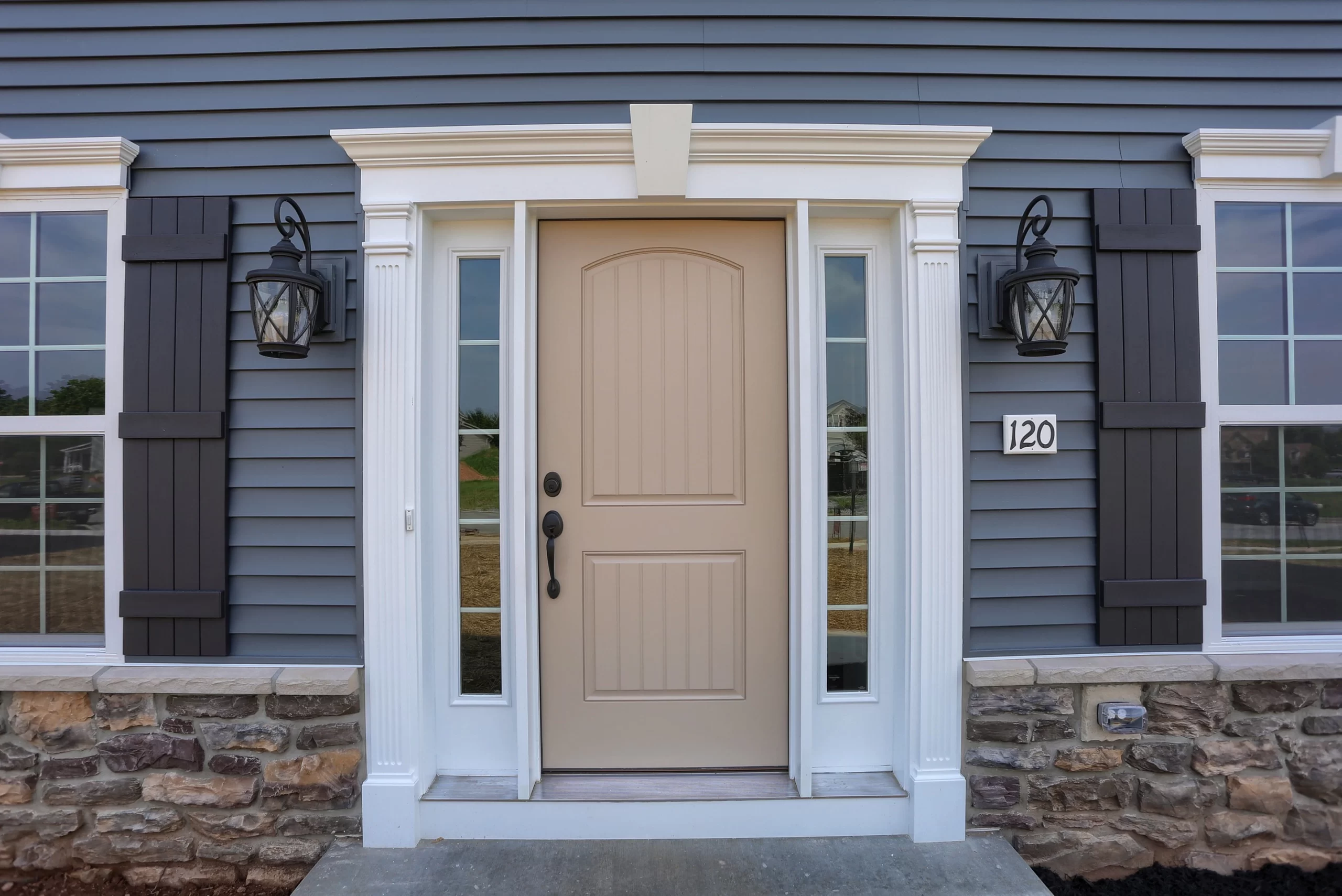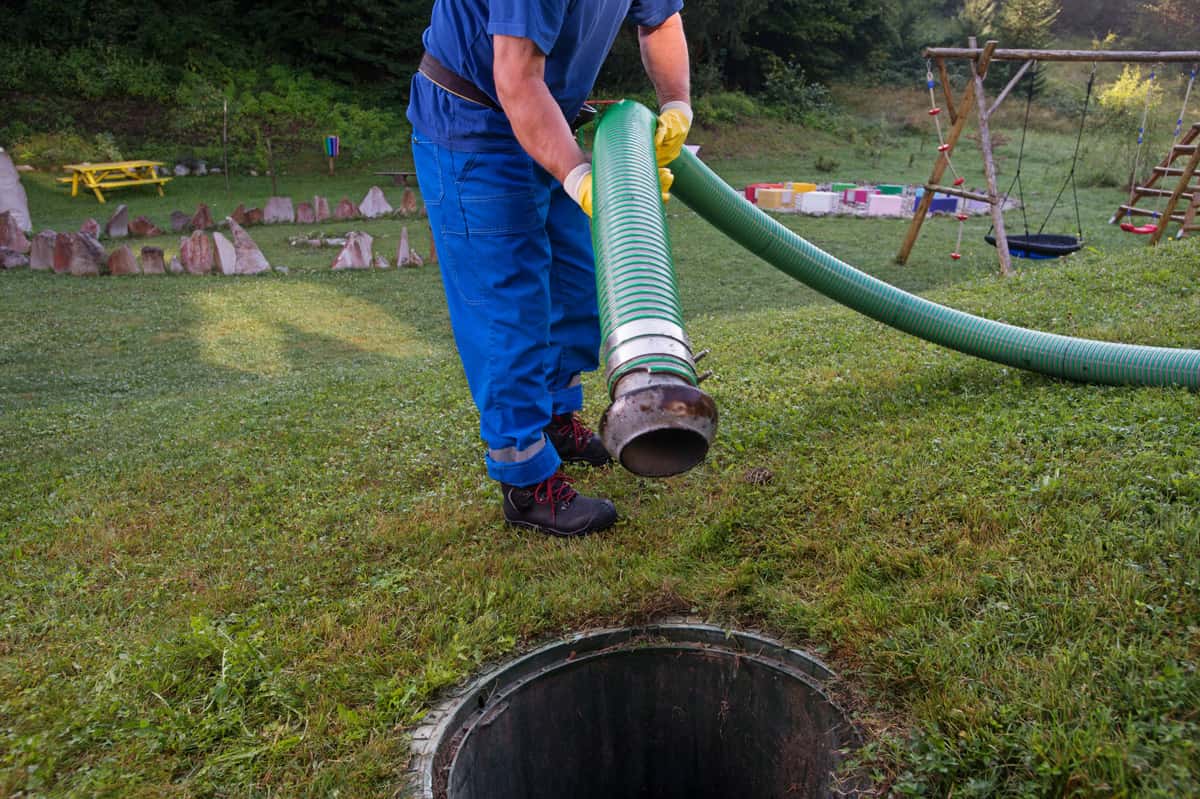Pre-approval on a mortgage can be one of the most stressful parts for home buyers. It’s tempting to rush this process, but you should take your time, especially if it’s your first time purchasing a home. Your loan officer will help you avoid any unwanted surprises by going through this checklist before applying for pre-approval on your mortgage.

Determine Your Debt-To-Income Ratio
Your debt-to-income ratio is the amount of your monthly income compared to your monthly household or total debt payments. That can be a helpful tool when determining if you are pre-approved for a mortgage. A good rule of thumb is that you should not spend more than 28% of your gross income on mortgage payments, but this will vary according to where you live and how much house you want to buy.
Save for a Down Payment
Some lenders will allow you to put as little as 3% down on the home you purchase, but 5% is considered a safer number to have in your bank account. Make sure you can live without that amount of money for at least a few months, so you don’t face any unexpected financial burdens while waiting for the sale of your current house to close or waiting to find a new home.
Find a Buyer’s Agent
Using a buyer’s agent can be one of your best decisions. Buyer’s agents help you find the best house for your needs, help negotiate the price and terms, guide you through the loan process and closing, and help coordinate any necessary repairs. The buyer’s agent’s fee is typically paid by the seller or split with them, so it doesn’t cost you any more money to use an agent.
Get Mortgage Pre-approval & Choose a Lender
Pre-approval is a good way to determine how much you can afford and estimate how long it will take to close. It’s also a good way to get the details on the mortgage provided through your next mortgage application.
Find the Right Home for You
While many websites can help you with this, it’s important to remember that the best real estate agent or mortgage lender is the one that knows your specific needs. It would help if you were very specific about what you are looking for in a home and what you are willing to consider whenever you begin your search.
Make a Smart Offer
You will want to be ready to make an offer on the house as soon as you find it. With some sellers, it will take less than twenty-four hours to get a response. You should bring the contract to the seller with your offer letter. It would be best to discuss what is included in the offer and what is missing or needed there. Before making a counteroffer, you should also indicate how long you are willing to wait.
Schedule a Home Inspection
You should never enter a real estate transaction without getting a pre-purchase home inspection. While the seller may get their own home inspector to come and check out the property, you might want to find out how things are supposed to be done and what features you should expect before you buy.
Assemble Cash to Pay Closing Costs
You will need to put down at least 20% of the purchase price of your home or $2,500, whichever is greater. The rest is paid in cash or through a line of credit you already have.
Complete a Home Appraisal
You will have to get an appraisal of your current home before you can close on purchasing your new home. The lender will order this appraisal, and it will help them determine how much they are willing to lend you. It must be accurate, so you should ensure that the appraiser looks at the right things and consider getting a second opinion if you are worried about the results.
Get Homeowner’s Insurance
If you haven’t had homeowner’s insurance on your current home, it’s time to get it now. You can buy this through the seller, or you can get it through an agent who will review your application and help you compare the policy limits you want.
If you take your time and are prepared, mortgage pre-approval is much easier than most people think. It will help you figure out what you can afford and how much it will cost you to buy your new home, and let you know how long it will be before everything is resolved. If possible, stay away from closing on the same day your previous home is sold, as this can cause confusion and problems during the process.

My name is Author Name. I post about home improvement ideas and how to make your home look beautiful and liveable. I hope my posts will help you with your DIY projects!












